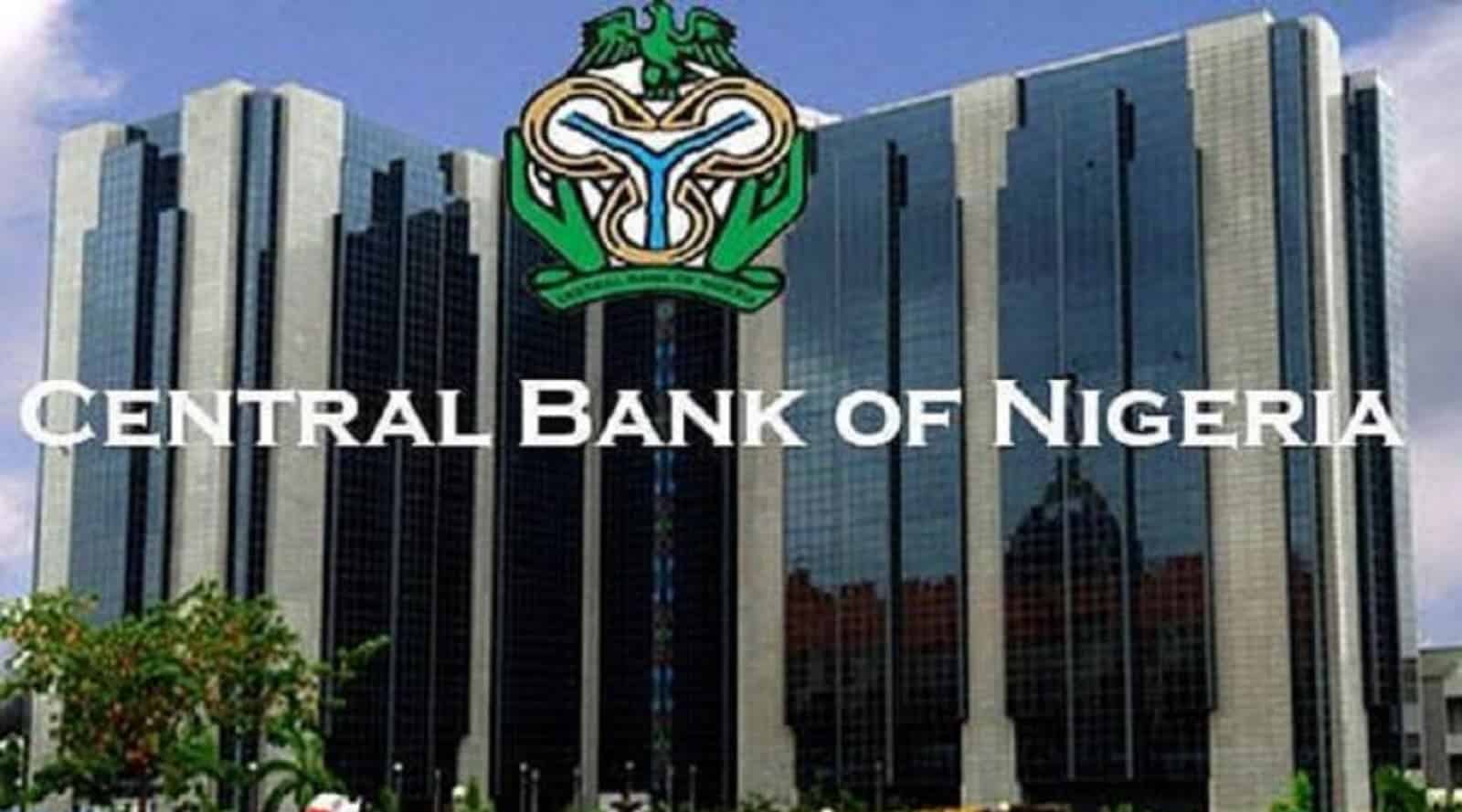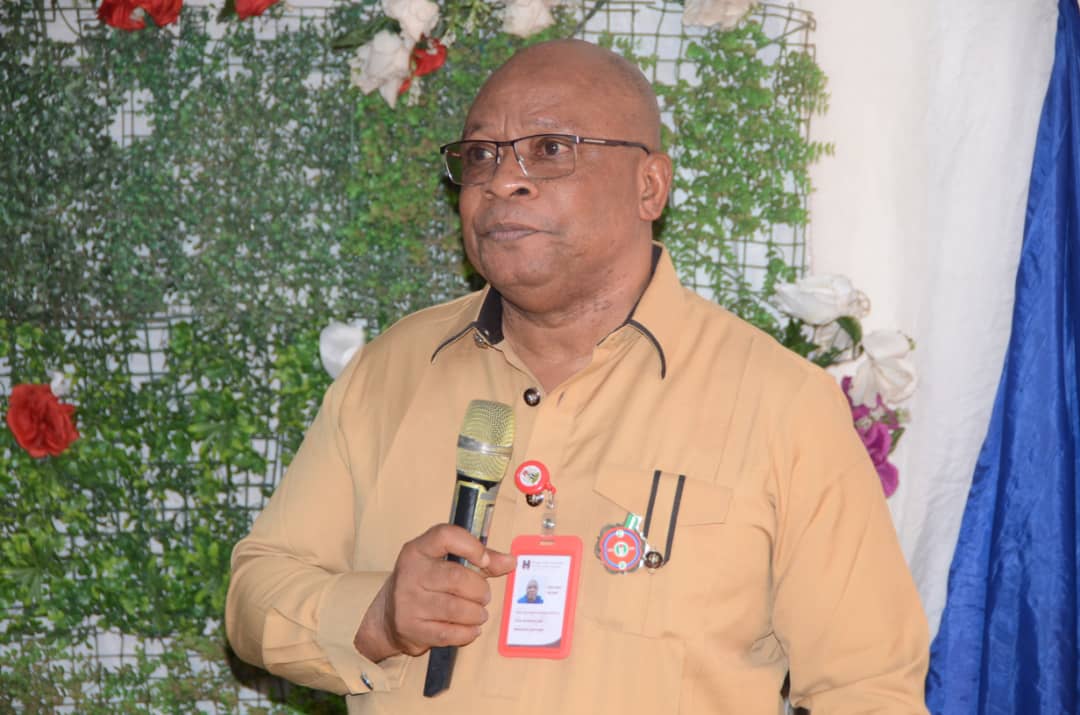The Central Bank of Nigeria (CBN) has revealed that a total of $533.48 million was released for foreign education by banks between October 2022 and March 2023, as reported in the latest statistical bulletin published by the apex bank.
Experts anticipate that the second quarter of 2023, spanning from April to June, may see an even higher amount due to the recent unification of the exchange rate by the CBN.
Before the unification, a substantial gap existed between the exchange rates at the black market and the official rate, causing challenges for students seeking foreign education. The “japa wave,” referring to the increasing trend of Nigerians pursuing academic qualifications abroad, has also intensified pressure on the naira. Many migrating students have had to source dollars from Bureau De Change operators due to delays in banks processing the respective Form A required for foreign education transactions.
According to the CBN data, $96.19 million was released in October 2022, followed by an increase in November 2022, with a total of $125.29 million released for educational purposes. In December 2022, the CBN noted that $93.12 million was released, and in January 2023, the sum of $91.45 million was released for the same purpose. However, there was a slight decrease in February 2023, with only $74.03 million released. March 2023 saw a further decrease, as the CBN revealed that only $53.40 million was released for foreign education.
The rise in study visas issued to Nigerians by the United Kingdom’s Home Office reflects the growing trend of seeking foreign academic qualifications. The number of study visas granted to Nigerians increased by 222.8% between June 2021 and June 2022, with 65,929 visas issued compared to 20,427 during the same period the previous year.
Professor Alabi Thomas, a respected Education expert at the Federal University of Technology, Minna, has attributed the increasing migration for education to government policies that have adversely affected the education sector. He called on the incoming government to prioritize and adequately address the needs of the education sector.
As the demand for foreign education continues to surge, Nigerian students and families are navigating the challenges posed by foreign exchange rates and bureaucracy while seeking quality education abroad. The government’s attention to the education sector’s development and enhancement may play a crucial role in ensuring that Nigerians have access to quality education opportunities both at home and abroad.




